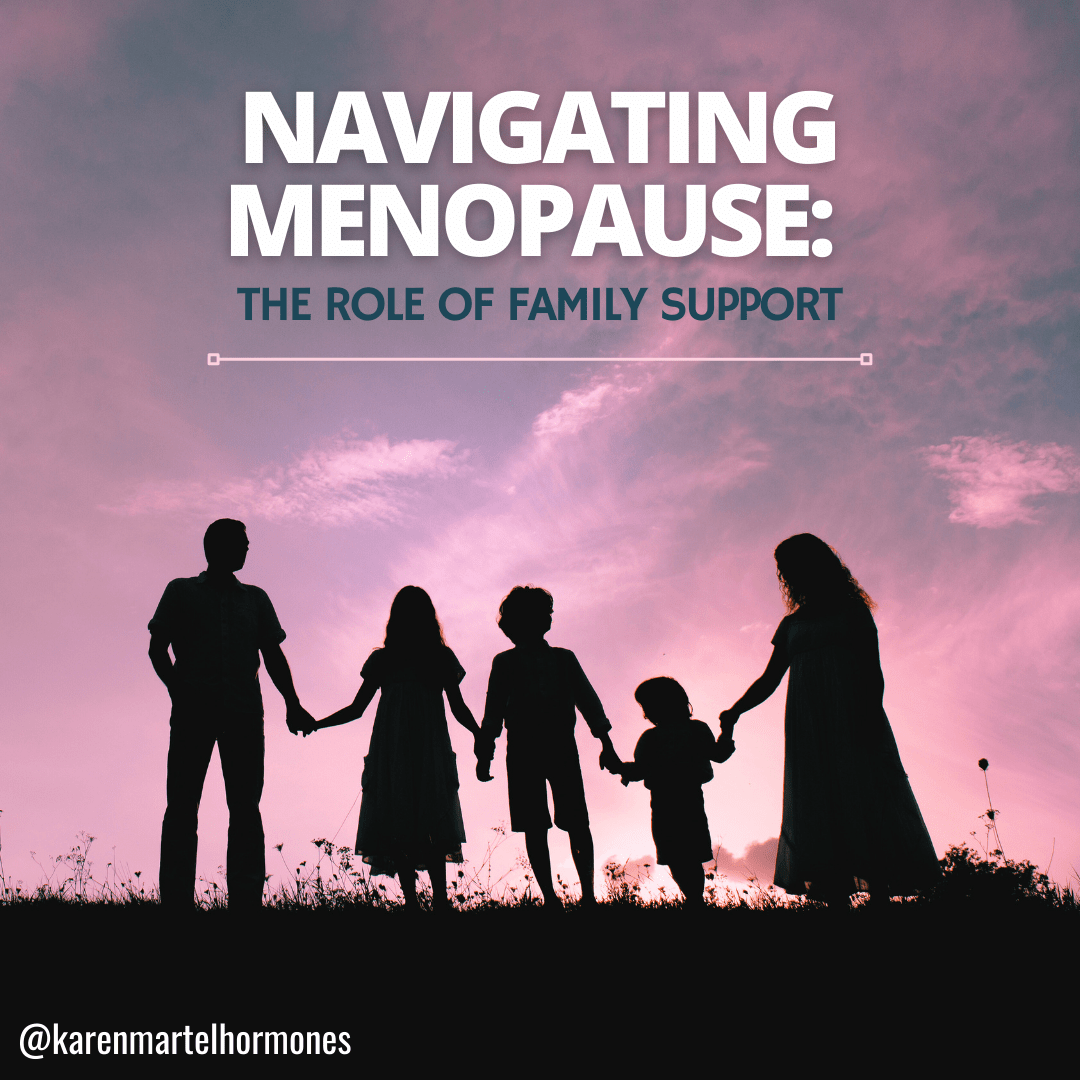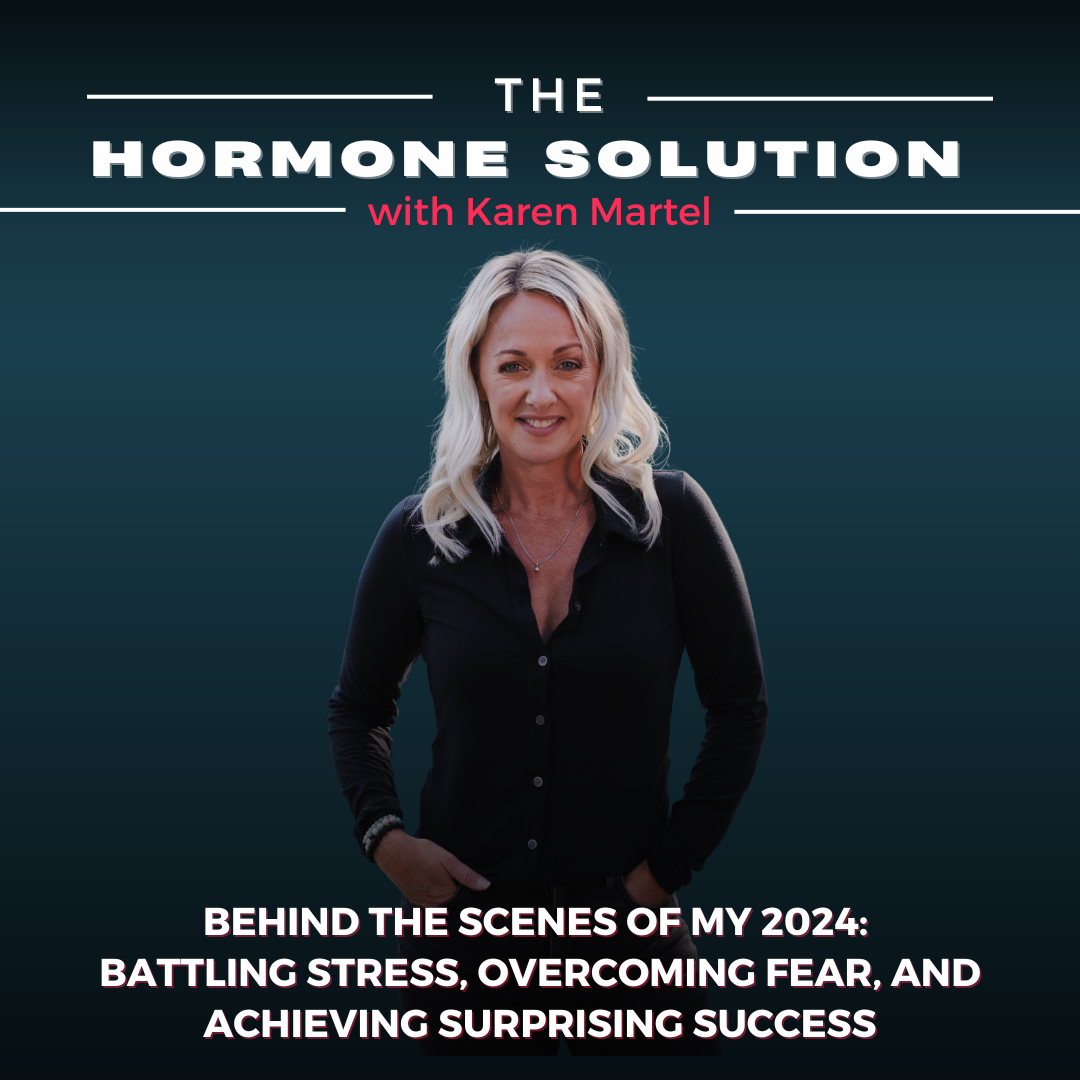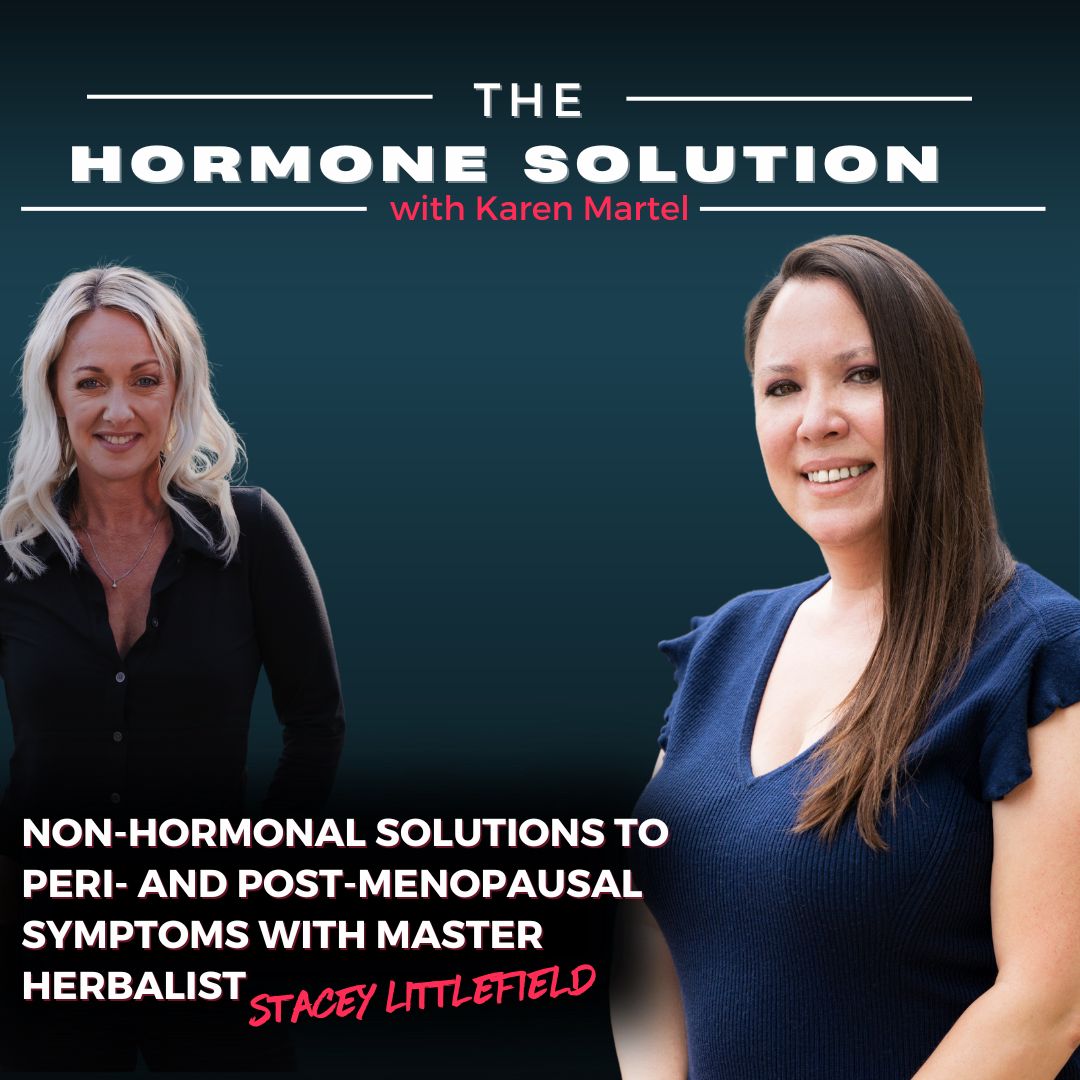
Navigating Menopause: The Role of Family Support
Menopause is one of life’s big transitions for women—like a hormonal rollercoaster ride you didn’t sign up for. It’s not just about hot flashes and mood swings; it’s a time of big changes, physically, emotionally, and mentally. And here’s the thing—it’s not something women should have to tackle alone. The support of family can make this journey a whole lot smoother and even bring families closer together. Let’s dig into what menopause really looks like and how each family member can step up to support the menopausal woman in their life. The Menopausal Experience Menopause typically hits between ages 45 and 55, signaling the end of a woman’s reproductive years. Sounds simple, right? Not so much. The symptoms can be intense—think hot flashes, night sweats, sleep disruptions, mood swings, brain fog, and even changes in libido. These can make a woman feel like she’s living in someone else’s body, and it’s easy to feel misunderstood or alone. That’s why family support is crucial.
- Listen and Communicate: Sit down and have honest chats about what she’s going through. Even if you can’t fully understand, listening without judgment goes a long way. Research shows that open communication improves emotional well-being during menopause.
- Divide and Conquer: Picking up extra household responsibilities gives her breathing room to focus on self-care, which is key during this phase.
- Team Healthy Choices: Get on board with a healthier lifestyle. Whether it’s evening walks, trying a yoga class, or cooking up nutrient-rich meals, these shared habits benefit everyone.
- Educate Yourself: Menopause might not sound like a riveting topic, but understanding it can help you be more patient when Mom seems extra irritable or tired.
- Offer Kindness, Not Criticism: A simple “How can I help?” or even an extra hug can make a big difference on tough days.
- Tap into Shared Wisdom: If Grandma or Auntie has gone through menopause, their insights can be invaluable. They’ve been there and can help normalize what she’s going through.
- Community Matters: Encourage her to join support groups or wellness circles. These can be life-changing, offering advice, camaraderie, and even a good laugh about some of menopause’s more “interesting” moments.
- Start with a Family Talk: Encourage a candid discussion about what menopause is, what symptoms it can bring, and how it impacts day-to-day life. This can be as simple as the menopausal woman sharing her experience or even bringing in resources like books, articles, or podcasts.
- Use Educational Tools: There are so many great resources out there—webinars, online courses, or even local workshops about menopause. Suggest the family watch or read these together to better understand what’s happening and how they can help.
- Normalize Asking Questions: Family members might feel awkward or unsure about what to say or do. Creating an open-door policy where everyone feels safe asking, "How can I support you?" ensures that the menopausal woman’s needs are heard.
- Professional Guidance: If needed, consider involving a counselor, therapist, or menopause coach to help the family understand how they can support one another. This can be especially helpful for partners or children who might struggle to grasp the emotional impact of menopause.
The Power of Community Support Let’s not forget how important it is for women to connect with others outside the family. Joining a local menopause group or attending wellness workshops can help her feel supported and less isolated. These groups are goldmines for tips on managing symptoms, getting active, and even finding humor in the chaos.
Wrapping It Up Menopause doesn’t have to be a lonely or overwhelming time. With a little understanding and effort from everyone—whether it’s a spouse taking on more chores, kids being extra patient, or extended family offering wisdom—it can actually bring families closer together. Add in community support, and suddenly menopause looks less like a storm and more like a chance for growth, connection, and resilience.
Let’s make menopause a family affair where everyone comes out stronger, together.
Citations
- Hunter, M. S., & Smith, M. (2016). Managing menopause: Emotional and physical support. Journal of Women's Health Care.
- Deeks, A. A., & Gibson-Helm, M. (2019). Community support networks and their role in menopause management. Women’s Health Reports.

Find Karen Martel on Apply Podcast
Karen Martel is a Certified Hormone Specialist and Transformational Nutrition Coach dedicated to empowering women through their health journeys.
As the host of the popular podcast The Hormone Solution, Karen tackles the complexities of hormonal health, weight loss resistance, and the challenges that come with perimenopause and menopause.
Her mission is to disrupt outdated narratives surrounding women's health, providing reliable information and practical solutions that help women reclaim their vitality. With personal experience overcoming her own health struggles, Karen offers insights into hormone optimization and sustainable weight management strategies.
Join her as she engages in enlightening conversations with experts and shares actionable advice, all aimed at helping women navigate their unique hormonal landscapes with confidence and clarity. Tune in to discover how to embrace life's stages while enhancing overall well-being.






